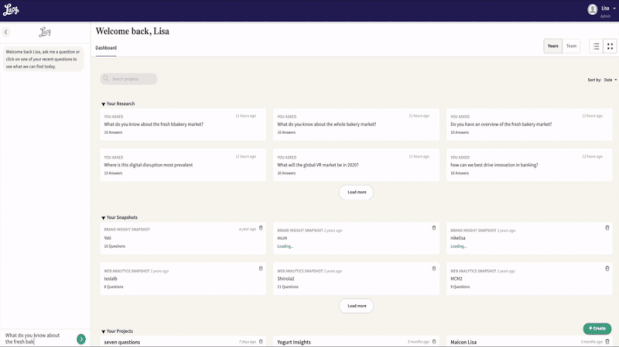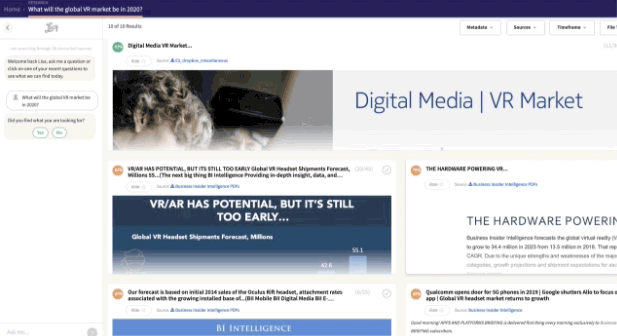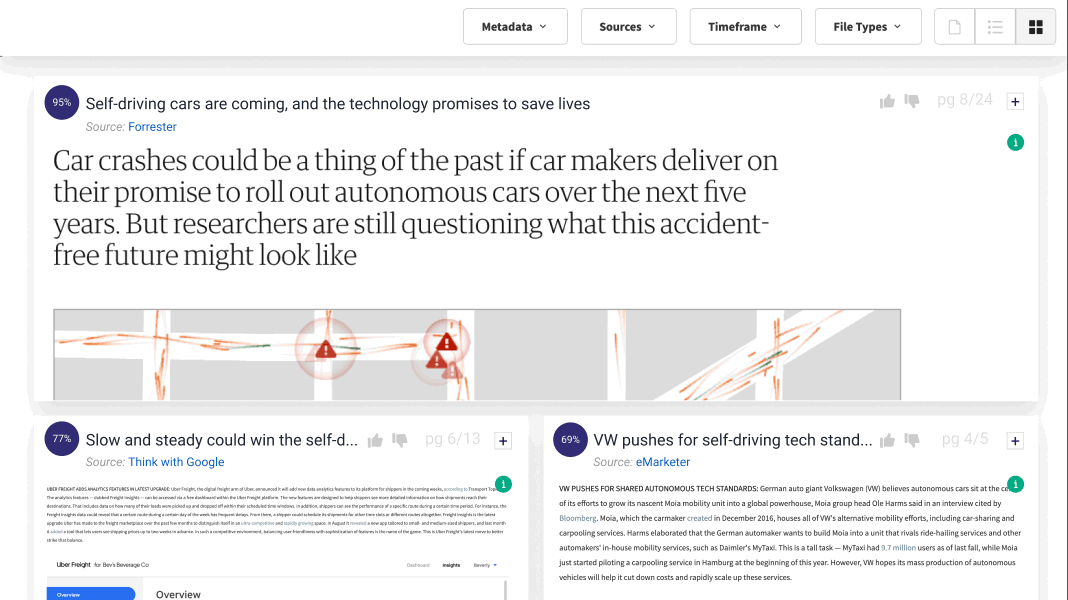It has never been more important to get started with artificial intelligence—and the costs of inaction have never been higher.
Artificial intelligence is forecast to unlock $2.6 trillion in business value in marketing and sales alone, according to McKinsey. AI will unlock that value by making marketing and sales tasks far more intelligent and automated.
That will have profound implications for marketing and sales professionals. AI is already reducing costs and increasing revenue at companies, by enhancing human activities and making them more efficient.
And this is just the beginning.
In coming years, AI will grow even more powerful and sophisticated.
This means forward-thinking marketers and salespeople have a massive opportunity in front of them. If you take the time to truly understand and pilot AI now, you will build a significant competitive advantage for your company and your career.
Here’s how to get started with AI the right way.

1. Find a single use case to pilot.
As a marketer, you likely perform dozens, if not hundreds, of tasks every day. Many of these are time-intensive and data-driven, which makes them perfect candidates for potentially outsourcing to AI.
To start, list out all the activities you perform each week or month in a spreadsheet. Then, estimate how much time it takes you to do each task. Sort your list by the tasks that are most time-intensive, and begin researching what (if any) AI technology exists to do those things.
It will take time and patience. But you stand a good chance of finding at least one use case that AI can potentially augment or automate completely. You’ll probably find more than one, but just select a single use case to start. This makes it easier to justify an AI pilot project and secure internal buy-in for future projects.
2. Think about your data.
Once you have a use case, take a moment to understand what data you have available. AI requires large amounts of data to perform at scale. Before you talk to vendors, you’ll want to understand what data you have access to, including data generated by marketing automation platforms, CRMs, and even unstructured first-party data like documents, PDFs, presentations, and video.
You may need to ask someone familiar with data issues in your company. But the effort will pay off when you begin to evaluate platforms and providers.
3. Evaluate platforms and providers.
Now that you have a use case and a healthy understanding of your data, you’re ready to evaluate AI-powered tools. Start with your existing software systems. Marketing automation and CRM platforms are actively integrating AI and machine learning into their products. You may be able to get the AI functionality you need from an existing system you already understand.
If your existing systems don’t use AI, ask your software providers when to expect AI on the product roadmap. That should give you a better idea of how AI will impact your work moving forward.
Then, don’t be afraid to get your hands dirty. Go demo products and trial solutions. Ask tough questions of vendors. With a clear use case and knowledge of what data you have available, you should be able to have productive conversations that reveal exactly what tools can and cannot do.
Don’t Get Left Behind.
If you want to accelerate AI education and adoption, I encourage you to join us at the upcoming Marketing Artificial Intelligence Conference (MAICON).
MAICON is designed to help marketing leaders truly understand AI, educate their teams, garner executive support, pilot priority AI uses cases, and develop a near-term strategy for successfully scaling AI.
MAICON has 40+ sessions and 60+ speakers from companies like Amazon and Softbank Robotics, including Equals 3 founder Dan Mallin speaking on “Intelligence On Call: How AI Powers Access to Unstructured Marketing Data.”
Mike Kaput
Mike Kaput is a senior consultant at PR 20/20 who is passionate about AI's potential to transform marketing. At PR 20/20, he creates measurable marketing results for companies using data-driven strategies, market-leading content, and scalable marketing technologies. Full bio.











